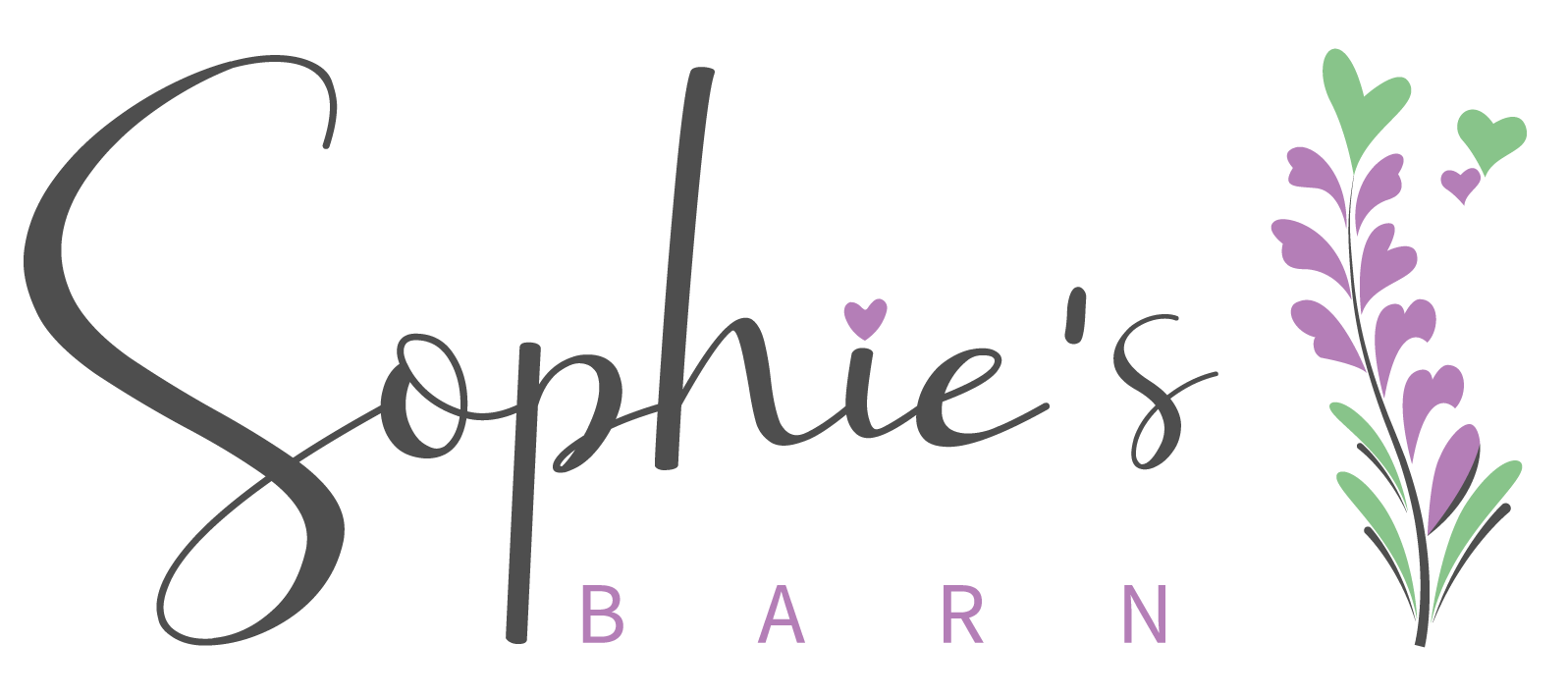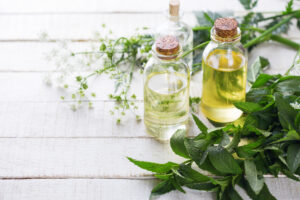One of the difficult things about eczema is that certain foods can trigger flare ups. In a perfect world we’d have complete control over what we eat. If you’re visiting friends or out and about, that’s not always possible. But there’s good news: some foods will help someone suffering from an eczema outbreak.
Eczema or atopic dermatitis can cause people to develop dry, itchy skin because the immune system sends out cells and chemicals which cause inflammation.
The food that we put into our bodies can also trigger an inflammatory response, so an anti-inflammation diet can damp down this response. If your eczema has food triggers, you will probably notice the effects of a change in your diet after 6 to 24 hours, although occasionally it may take longer.
Before changing your diet, or your child’s diet, you should talk to your health professional to ensure that your nutrition remains balanced. I am not a qualified nutritionist or doctor, but there are established systems that you can try.
Let’s start with elimination!
Here are some specific foods and ingredients to think about avoiding:
- cow’s milk
- eggs
- soy products
- gluten
- nuts
- shellfish
- wheat
- citrus fruits
- dairy
- spices, such as vanilla, cinnamon, and cloves
You should also consider avoiding foods that contain artificial ingredients and preservatives, such as fast food, processed food, and margarine.
While we’re at it, cutting out food that is high in sugar is also useful. Consuming sugar leads to a spike in insulin, which can lead to inflammation. This means cutting down or cutting out cakes, sugar in tea and coffee, sodas, and again, fast food. Sometimes large amounts of sugar are hidden in savoury items, like ketchup.
Foods that can help
It’s not all bad news! You can try indulging in the following foods to help your body cope with eczema.
Foods high in flavonoids
Flavonoids are natural pigments, so fruit and vegetables with strong colours are likely to contain a lot of them. Apples, cherries, spinach, broccoli, and kale all contain quercetin, a flavonoid that acts as an antihistamine as it is digested, dampening down the inflammatory response. Some people take quercetin supplements, but that can be harmful in very high doses, so it’s best to take the natural route by simply eating well.
Oily fish
Omega-3 fatty acids can fight inflammation. Consider adding salmon, mackerel, herring, and sardines to your diet.
Foods containing probiotics
Your gut is a mini eco system and in order for you to thrive, it needs to be populated with a diverse range of good bacteria. Research has shown that when the good bacteria are reduced, the immune system becomes more reactive – and that means a higher gear for the inflammatory response.
To promote a thriving and diverse microbiome, seek out natural yoghurt, miso soup, and unpasteurized sauerkraut, as well as soft cheeses, naturally fermented pickles, and sourdough bread. It also helps to spend time outdoors and eat raw food such as salads and fruit. This is especially important after a course of antibiotics.
Probiotic supplements may help the treatment of atopic dermatitis, but more research is required.
Even if food is not a trigger for your eczema, a terrible diet has been shown to affect your hormones and immune system, which won’t help.
Slap it on!
Some foods don’t have to be eaten to be useful! Honey, coconut oil and oatmeal can all be used to soothe irritated skin!
I’m not a doctor, but any doctor would recommend a healthy diet full of fresh, whole foods for better general health. Do remember to consult your family doctor before eliminating any food groups such as wheat or dairy.
Right! I’m off to make a fermented dip for my lovely fresh, crisp red peppers!




